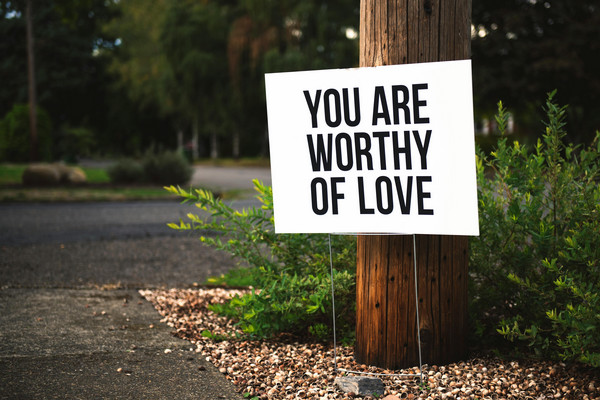Mental Health Awareness Week: beyond empathy, there is compassion
May 10, 2024
To recognize Mental Health Awareness Week, I wanted to explore this year's theme: Healing through compassion! The Canadian Mental Health Association expresses how compassion connects us all, making a huge difference in our lives. We can strengthen and foster a deeper relationship with ourselves and our community by being compassionate to one another.
What is empathy?
Empathy is the ability to understand how a person feels in their given perspective. Often, we all experience a variety of emotional and physical stressors. These stressors can negatively impact our day-to-day lives and impede our ability to succeed. But we can all appropriately support those around us by attuning to the different perspectives of people who are internally struggling without experiencing it ourselves.
What does it mean to be compassionate?
When we are empathetic towards people, we can also be compassionate. Compassion can be viewed as an emotional reaction to empathy, where we take action! It’s what encourages us to help those around us. More specifically, compassion can be defined as our willingness and understanding to take action to relieve the suffering of others. So although the two concepts closely intertwine, empathy precedes compassion.
When we look at the theme of healing through compassion, we begin to see how it is an essential factor in maintaining our health and well-being. Many individuals who experience mental health struggles face barriers such as stigma and ineffective coping mechanisms, making it a challenge to overcome.
How do our internal struggles impact us?
Our emotions can have more power than our ability to reason. So while we fight against our internal struggles, it can be challenging to effectively complete tasks, make decisions, and go through day-to-day activities properly. Our inner turmoil can result in negative behaviour, including self-doubt, inability to make rational decisions, self-defeating thoughts, frequent comparisons, etc. It’s important to note that each and every one of us has unique experiences; positive or negative. Our ability to combat conflicts is different, too, as our coping methods can be shaped by our experiences! Our background can be a determining factor in our current well-being and our ability to regulate our emotions during distressing situations.
Effective strategies to cope
Before implementing your own coping mechanisms, it’s important to recognize the root cause of your conflict. Determining where your conflict originates from can be the first step to addressing your mental health. By identifying and acknowledging the source of the conflict, you’re more successful in finding a treatment best suited to you and a solution to combat your internal conflicts.
You must trust yourself and believe that you can overcome this; this will pass. This is not an easy journey and comes with many obstacles! However, to be able to move toward a positive direction, it’s necessary to reach out for support, consider what resources make you feel comfortable, and not feel ashamed. You’re not alone, and there are people who are willing to help you get through this.
Ontario Tech University provides a variety of supports and services to help address students’ mental health. Recognizing that students experience personal, physical, or emotional challenges, they offer a program; Stepped Care, which provides short-term counselling, self-help resources, therapy services, community referrals, helplines, etc. Our university also offers additional external support in case of an emergency (i.e. you’re in distress) or if you need additional online mental health or academic support.
Ontario Tech: Mental Health Resources Link
Ontario: Find Mental Help Support
The power of compassion
Compassion is a deep and powerful action that brings communities together. The foundation of compassion is further built upon empathy, kindness, and awareness. Recognizing this year's theme for Mental Health Awareness Week, it’s important that we exercise compassion. By doing so, we can create a judgment-free environment that respects and values individuals' challenges. At the same time, we should all actively practice compassion towards ourselves and create spaces for rest.
References
https://www.psychologytoday.com/ca/blog/the-wisdom-of-anger/202402/the-power-of-compassion






